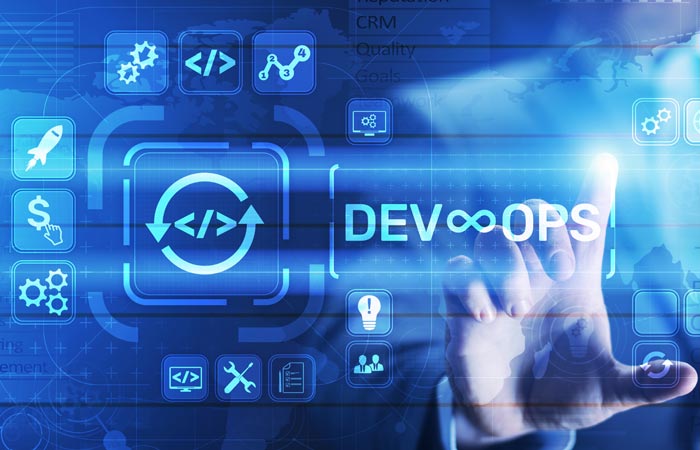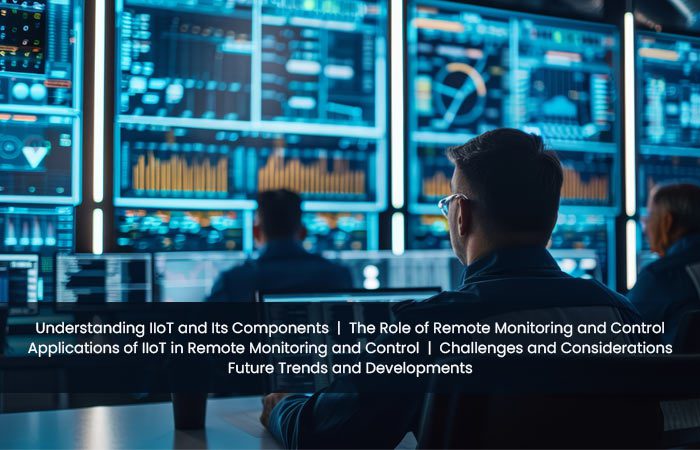

How to Choose the Right DevOps Consulting Partner?
In the ever-evolving landscape of software development, organizations are increasingly turning to DevOps to streamline workflows, enhance collaboration, and accelerate the delivery of high-quality software. Choosing the right DevOps consulting partner is a critical decision that can significantly impact the success of your DevOps journey.
In this comprehensive guide, we will delve into key factors to consider when selecting a DevOps consulting partner, exploring recent upgrades and tools to ensure a cutting-edge and successful implementation.
What to Look for in the Ideal DevOps Consulting Partner?
- Expertise and Experience
Beyond a proven track record, assess the depth of expertise that a consulting partner brings to the table. Look for certifications, industry awards, and the ability to showcase successful implementations using the latest DevOps methodologies. Recent upgrades in this space might include expertise in serverless architectures, microservices, and the integration of artificial intelligence (AI) into the DevOps pipeline.
- Skills and Technologies
DevOps tooling continues to evolve, with recent upgrades to popular tools and the emergence of new technologies. Ensure that the consulting partner has expertise in the latest tools such as container orchestration, infrastructure as code, and cloud-native CI/CD. An awareness of advancements like GitOps and observability tools is crucial for a modern DevOps approach.
- Cultural Fit
DevOps is a cultural shift as much as a technological one. Beyond just collaboration between development and operations teams, look for a consulting partner that promotes a DevOps mindset across the entire organization. Recent upgrades in cultural alignment may involve a focus on DevSecOps, integrating security seamlessly into the development lifecycle.
- Communication and Collaboration
Communication tools and collaboration platforms play a vital role in the success of a DevOps initiative. Ensure that the consulting partner is proficient in using recent upgrades to tools that enhance real-time communication and collaboration. A seamless integration of chatops – using chat platforms for DevOps tasks – is also indicative of a forward-thinking approach.
- Scalability
As organizations grow, recent upgrades in DevOps scalability include the ability to leverage serverless computing, autoscaling, and microservices architectures. Ensure that the consulting partner’s strategies align with these trends, allowing your organization to scale efficiently as demands grow. Familiarity with container orchestration platforms ensures a scalable and flexible infrastructure.
- Continuous Learning
The DevOps landscape is characterized by continuous innovation. Look for a consulting partner that prioritizes continuous learning, staying informed about recent upgrades in tools and methodologies. An emphasis on DevOps automation using machine learning (ML) or AI-driven analytics demonstrates a commitment to staying ahead in the ever-changing DevOps space.
- Security Practices
Recent upgrades in DevOps security practices involve the integration of security throughout the development lifecycle. A consulting partner that is well-versed in tools for code analysis, container security, and security-focused CI/CD pipelines ensures that your applications are developed and deployed with security at the forefront.
- Agile Methodology
Recent upgrades in Agile methodologies include a shift towards frameworks for larger organizations. A consulting partner well-versed in these methodologies ensures a seamless integration with your DevOps processes, promoting agility and adaptability.
- Customization and Flexibility
Recent upgrades in DevOps customization involve the use of configuration management tools for fine-tuning infrastructure. Ensure that the consulting partner offers flexible solutions tailored to your organization’s specific needs, leveraging recent advancements in automation and customization.
- Support and Maintenance
Recent upgrades in DevOps support involve the use of AI-driven support tools for proactive issue resolution. Inquire about the consulting partner’s use of AI-driven support tools and their commitment to ongoing maintenance to ensure a resilient and reliable DevOps environment.
Choosing the right DevOps consulting partner is a strategic decision that requires a thorough examination of expertise, cultural fit, communication, scalability, and other key aspects. By incorporating insights into recent upgrades and tools, you must find a partner that aligns with your organization’s goals and contributes to the success of your cutting-edge DevOps initiatives. Remember, the right consulting partner is not just a service provider but a collaborative ally on your journey toward a more efficient and agile software development process in the fast-paced world of DevOps.


